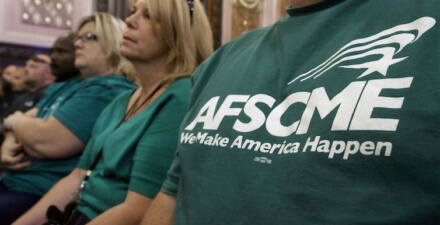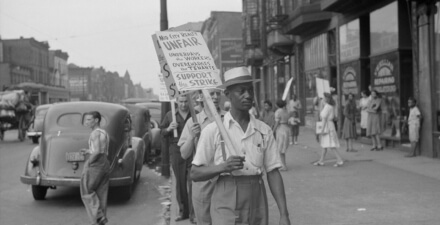Brad DeLong: Worthy reads on equitable growth, September 14-21, 2020
Worthy reads from Equitable Growth:
1. The spring and summer of 2020 were exactly the wrong time to have an economy that places a very low weight on the quality of eldercare in the United States. Read, Krista Ruffini, “worker earnings, service quality, & firm profitability: evidence from nursing homes and minimum wage reform,” in which she writes: “A ten percent increase in the minimum wage raises low-skilled nursing home workers’ earnings one to two percent, reduces separations, and increases stable hires. These earnings gains and increases in firm-specific human capital translate into marked improvements in patient health and safety. A ten percent increase in the minimum wage would prevent at least 15,000 deaths, lower the number of inspection violations by one to two percent, and reduce the cost of preventable care.”
2. It was decades ago that my ex-roommate Andrei Shleifer asked me why are there Keynesians and monetarists and Hayekians and institutionalists in economics, but no Galbraithians? I did not have a good answer for him then. But I believe that now I do. It is: we are all Galbraithians now. Read Kate Bahn, Mark Stelzner, and Emilie Openchowski, “Wage discrimination and the exploitation of workers in the U.S. labor market,” in which they write: “Characteristics specific to race and gender, such as the lower levels of wealth … increased household responsibilities … make workers of color and women more susceptible to exploitation … Government support for workers to act collectively boosts worker power, reducing employers’ monopsony power—their ability to set and lower wages—and thus decreasing worker exploitation and wage differences that replicate discriminatory biases against these groups of workers.”
Worthy reads not from Equitable Growth:
1. The coronavirus pandemic and the resulting recession are still happening and people cannot be convinced by what they see on TV that it is not. Read Austan Goolsbee and Chad Syverson, “Fear, Lockdown, and Diversion: Comparing Drivers of Pandemic Economic Decline 2020,” in which they write: “Comparing consumer behavior within the same commuting zones but across boundaries with different policy regimes suggests that … while overall consumer traffic fell by 60 percentage points, legal restrictions explain only 7 of that. Individual choices were far more important and seem tied to fears of infection … States repealing their shutdown orders saw identically modest recoveries … Shutdown orders did, however, significantly reallocate consumer activity away from “nonessential” to “essential” businesses and from restaurants and bars toward groceries and other food sellers.”
2. I confess that I had greatly underestimated the damaging effects of Jim Crow on even the “talented 10th” of the African American population. Read Eric S. Yellin, “how the black middle class was attacked by Woodrow Wilson’s administration,” in which he writes: “Woodrow Wilson … brought … an administration loaded with white supremacists … The U.S. civil service had never been formally segregated prior to Wilson’s inauguration … That route to social mobility for educated and hard-working black Americans was closed off … Many biographers treat Wilson’s racial views as an unfortunate aberration from the otherwise noble aims of this progressive leader … Wilson’s personal racism tends to distract us from a bigger story about the changing place of race in American life and politics. Wilson’s administration saw not just the end of a few careers of black Republicans and its impact was not merely the result of one man’s prejudice.”







